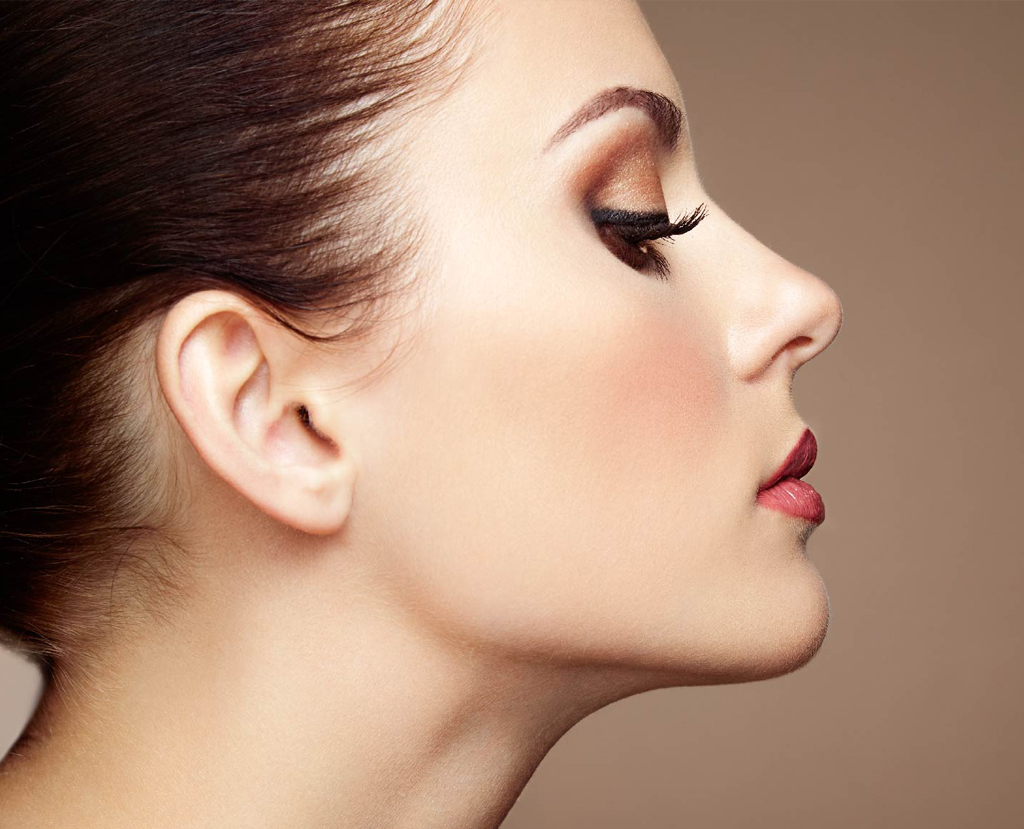Allergy
Allergy treatment with ozone and detox
Allergic diseases occur very frequently in adults to children of all ages. The meaning of allergy in the dictionary is the overreaction of the immune system that protects our body to a number of substances that are not normally harmful. These substances vary from person to person.
For example; In children with food allergies, when their immune systems are strengthened at the age of 8-9 years, it is semi-likely that they will be allergic to food, but new diagnoses such as dust, pollen, spring allergies, chemical allergies or allergic asthma bronchitis are added after puberty.
The main effective neurotransmitter for allergies is an antibody called IgE. The increase in IgE in the blood gives us information about allergies and guides us. The main cell is the Mast cell. When an allergic substance is encountered, it is transmitted to the Mast Cell, which releases histamine. Histamine produces many physiological results such as itching, sneezing, burning, and swelling under the eyes in the face. As a result, allergy patients must take antihistamines.
There are allergic diseases that we frequently encounter around us. Rhinitis, conjunctivitis, dermatitis, asthma and hyper adaptive reactions are the most common allergic conditions.
Clinical examination, skin test, prick test, and finally, specific IgE measurement can be performed for the diagnosis.

The first treatment to be performed in these patients is to find the condition that causes allergies and to remove them from their diet and environment. The patient should be directed to the appropriate tests, and nutritional recommendations should be made.
Our main goal from now on is to plan major ozone therapy to ensure natural cortisol spread and suppress acute histaminic discharge. Here, the number of sessions is a minimum of 12. The number of sessions is determined according to the patient. When the patient feels comfortable, maintenance doses can be planned and performed at intervals.
Ozone therapy is effective in all diseases such as allergic rhinitis, allergic conjunctivitis, allergic bronchitis, allergic asthma, atopic dermatitis, urticaria and angioedema
.”ONE OF THE MOST POSITIVE ASPECTS OF OZONE THERAPY IS THAT IT REDUCES THE DOSE OF MEDICINES THAT HAVE TO BE USED”







